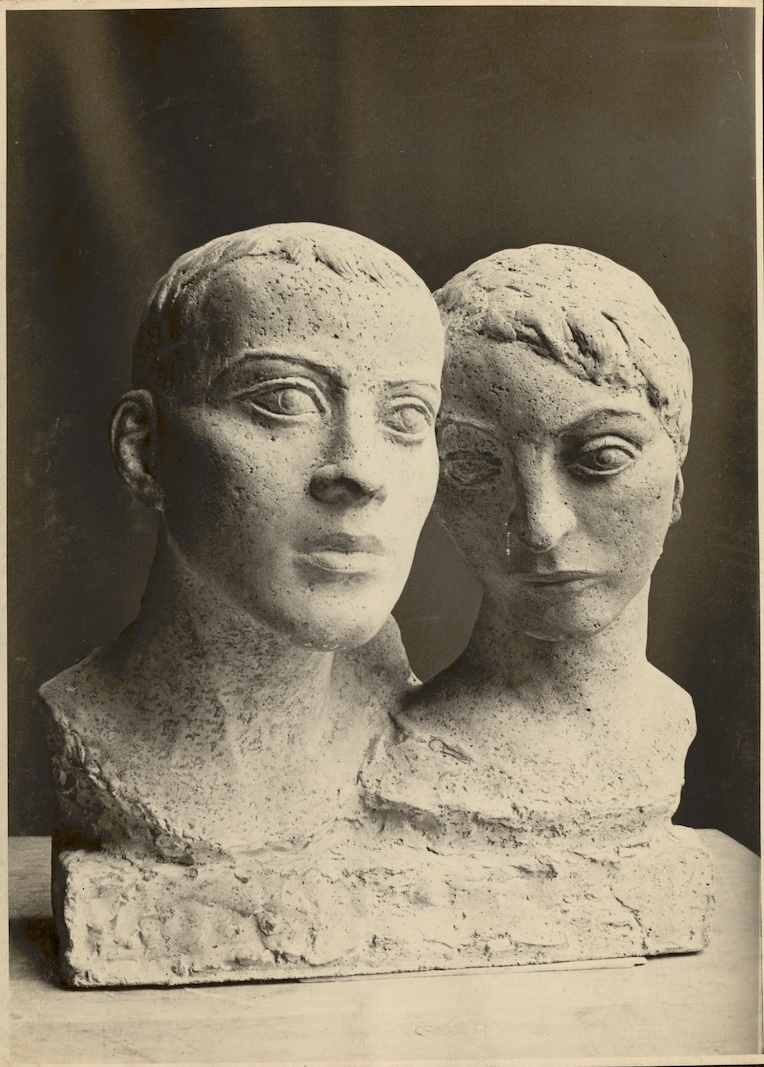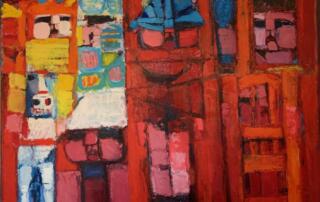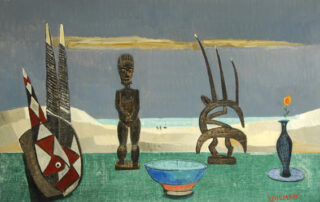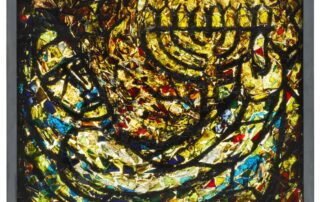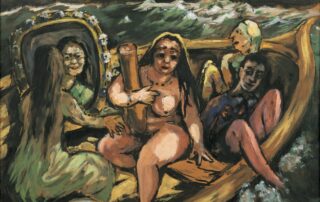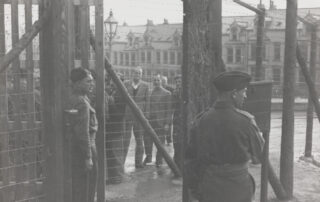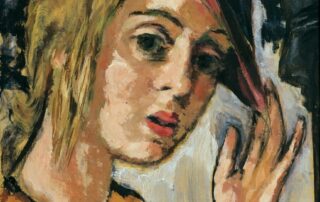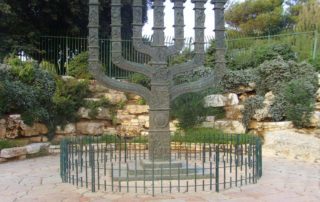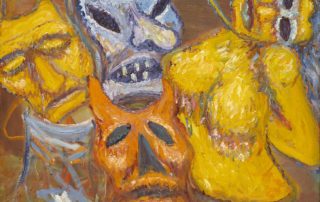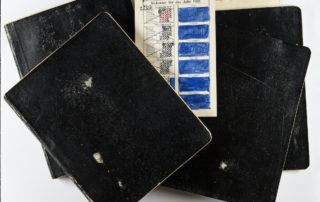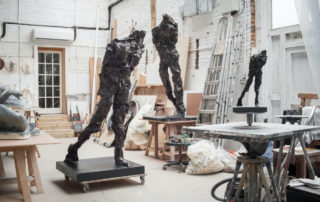Fred Kormis – Sculpting the Twentieth Century
Presentation by Barbara Warnock, London (England)
Born in 1894 in Frankfurt into an Austrian and German Jewish family, Fred Kormis’ life and career were shaped and disrupted by some of the most significant events of the twentieth century. Kormis saw action and was wounded in the First World War as part of the Austrian army, before being held for four years as a prisoner of war in Siberia. Image above: Fred Kormis, Two Heads, c. 1930s © Wiener Holocaust Library Collections He worked as an artist during the politically and culturally tumultuous Weimar period, and during the Nazi era revealed himself to be Jewish, a decision that led to the removal of his art from galleries. Kormis and his wife Rachel Sender [...]


